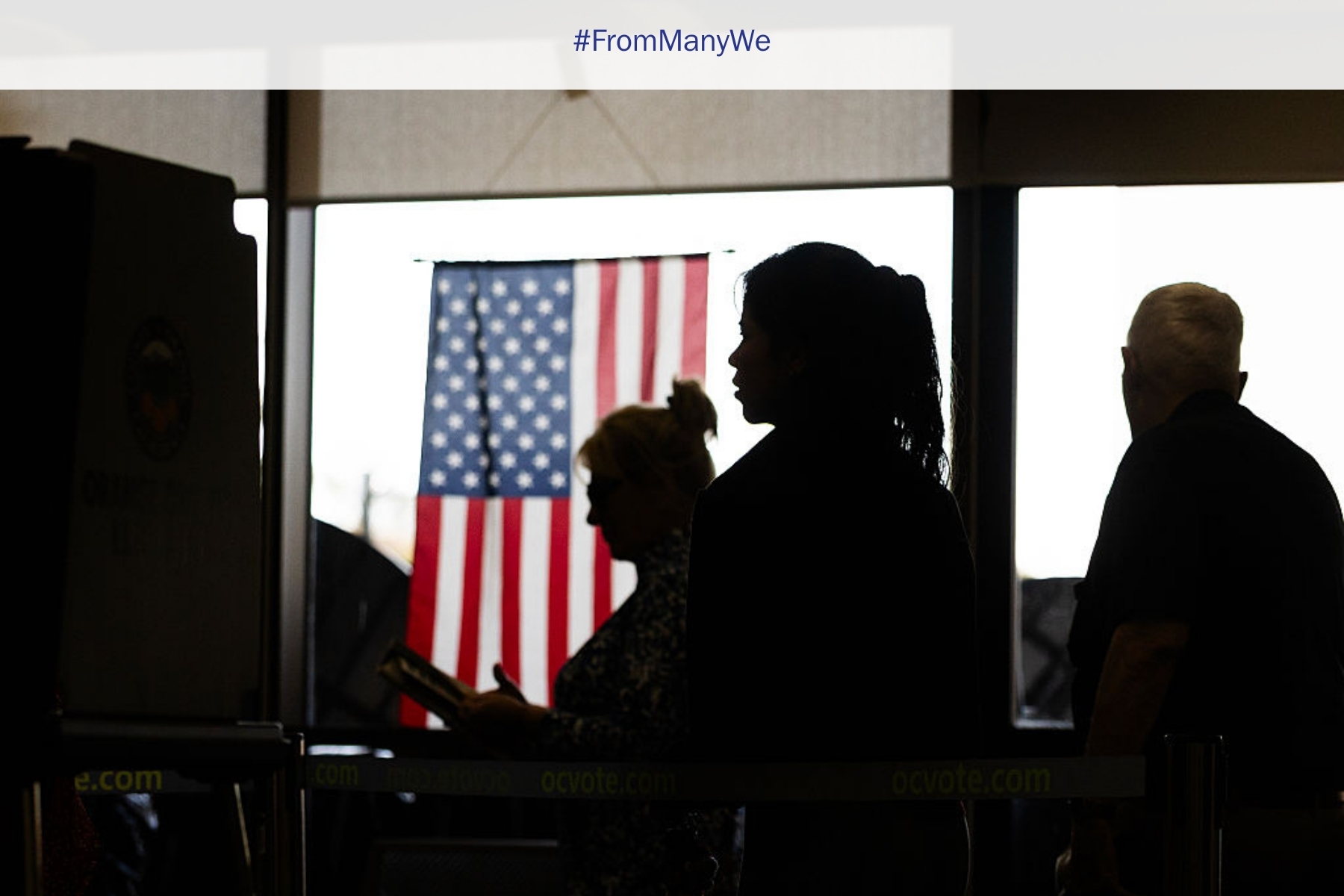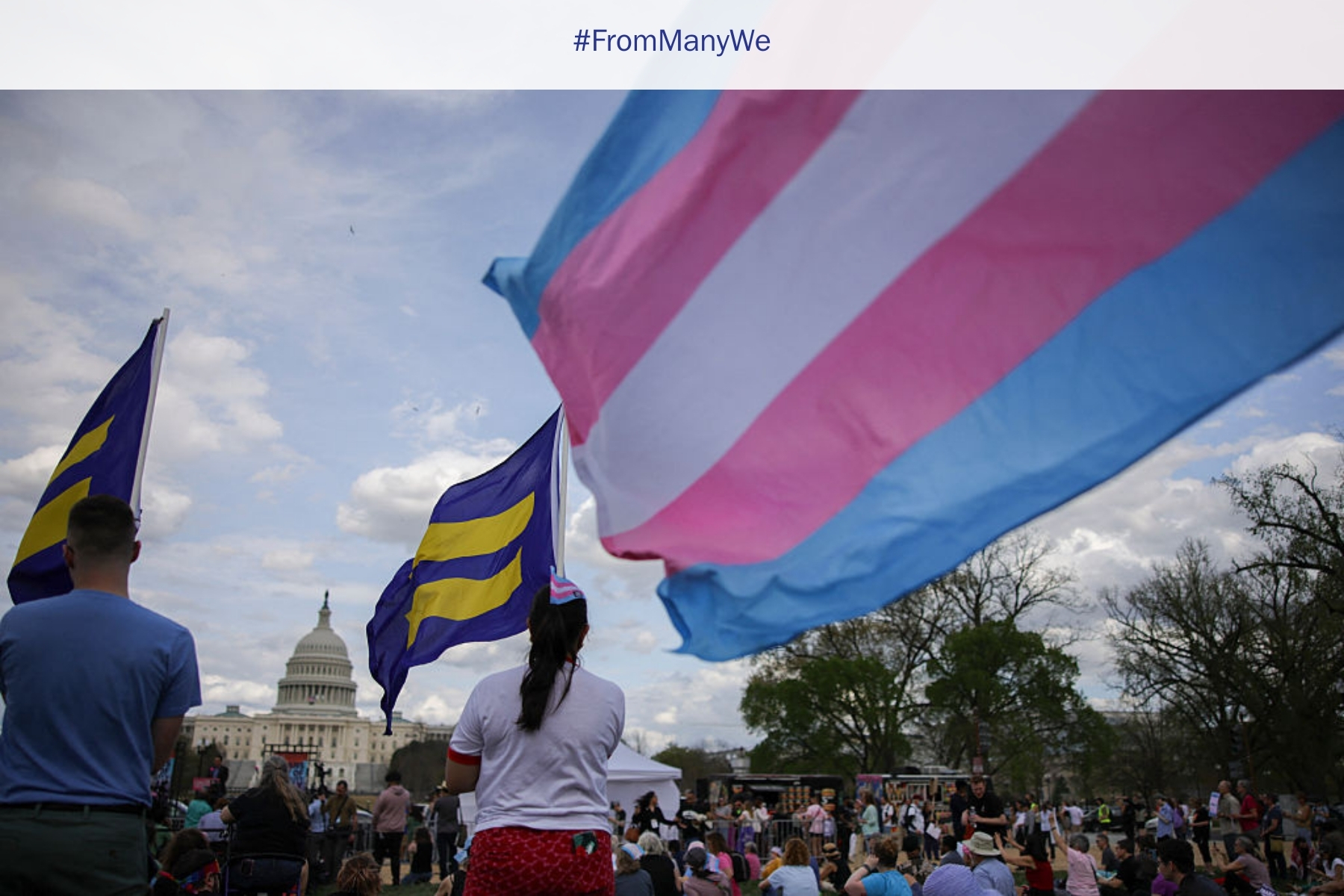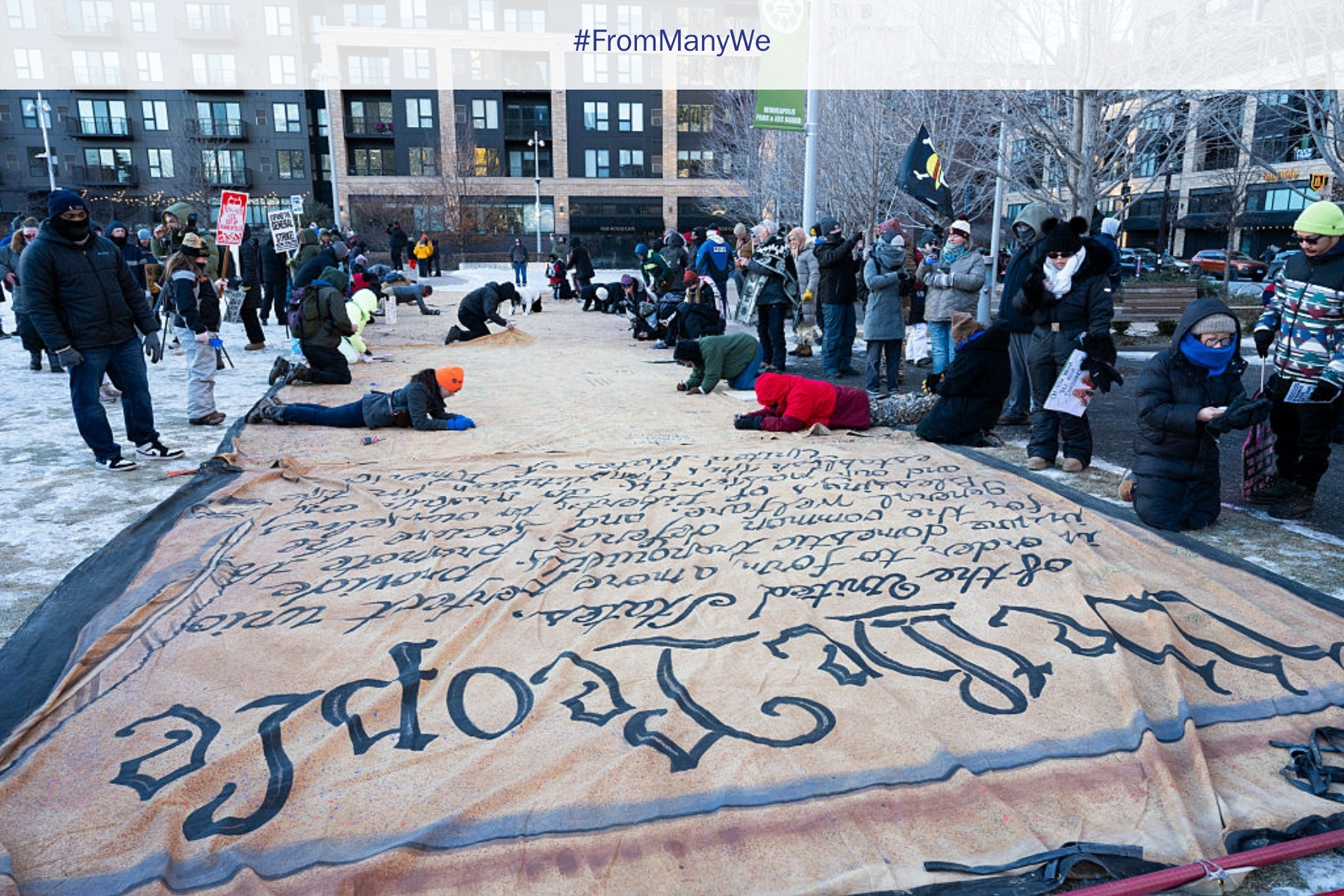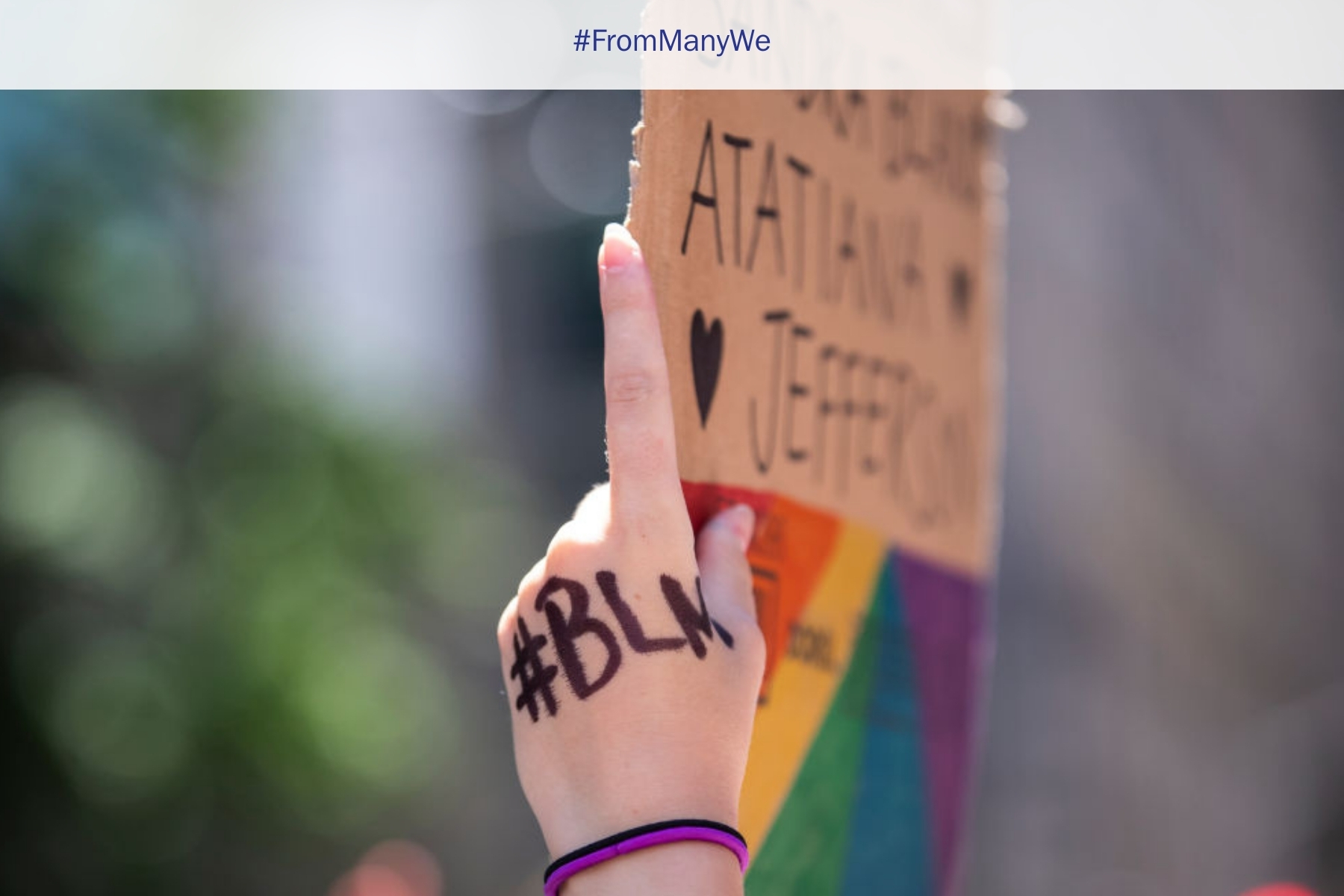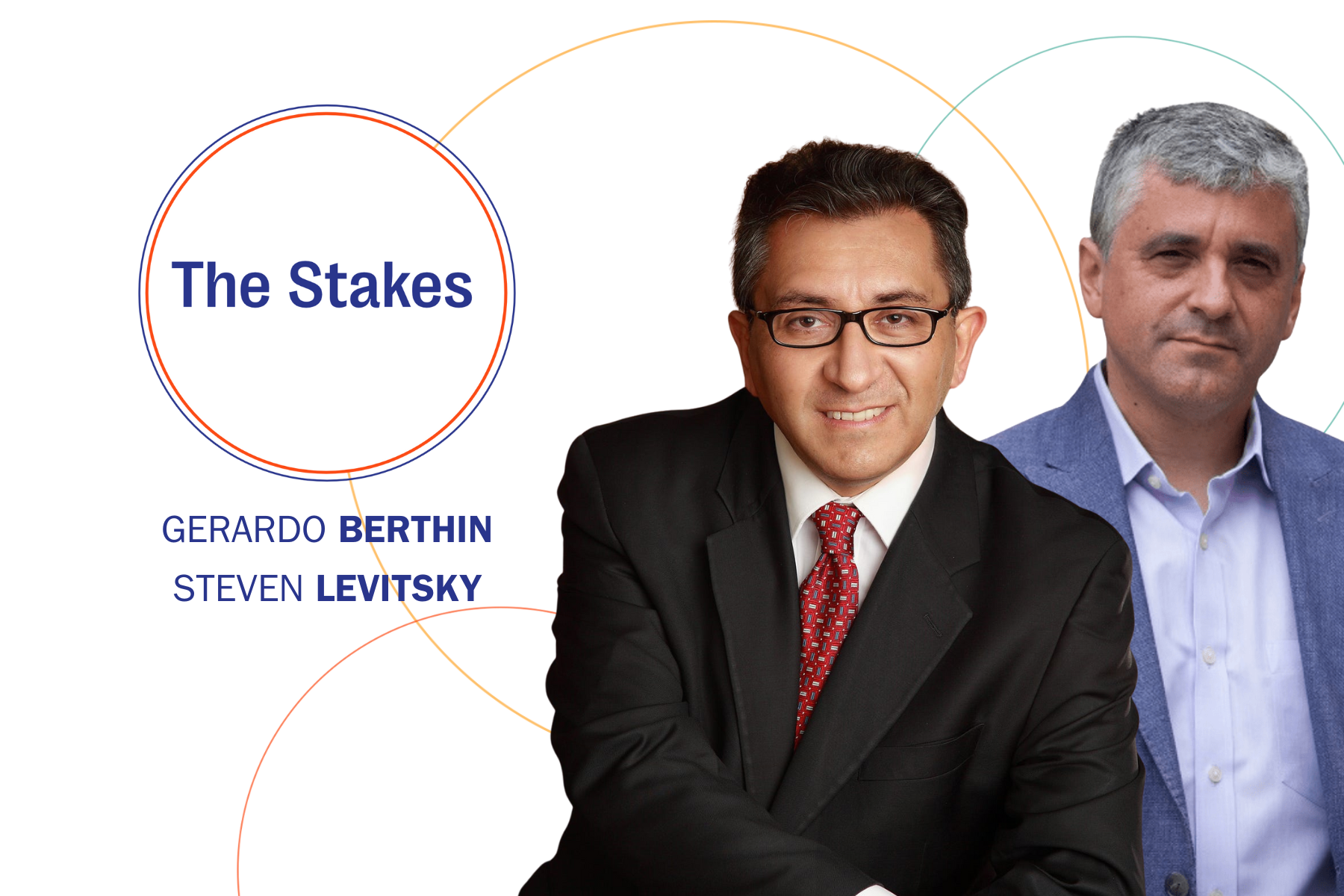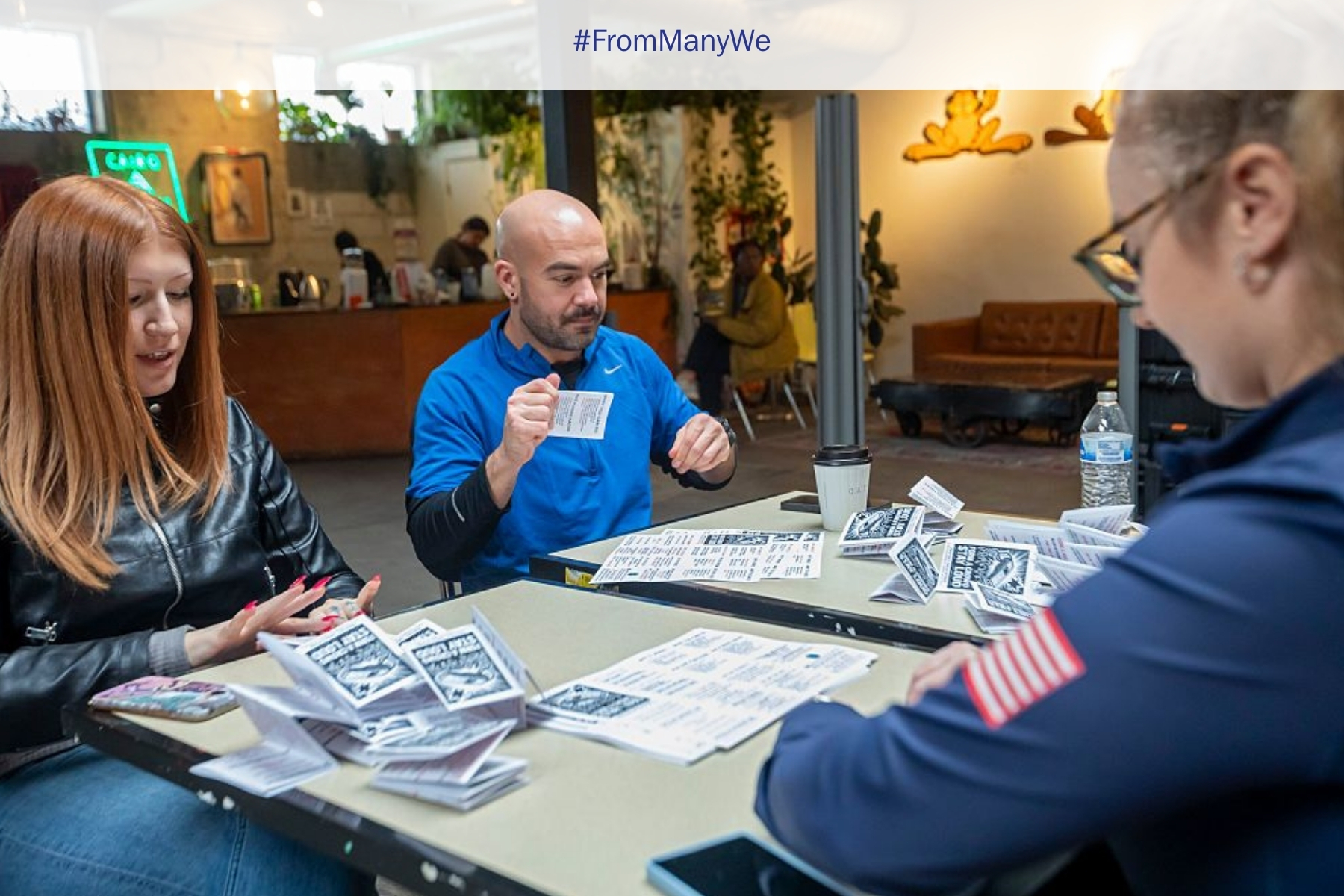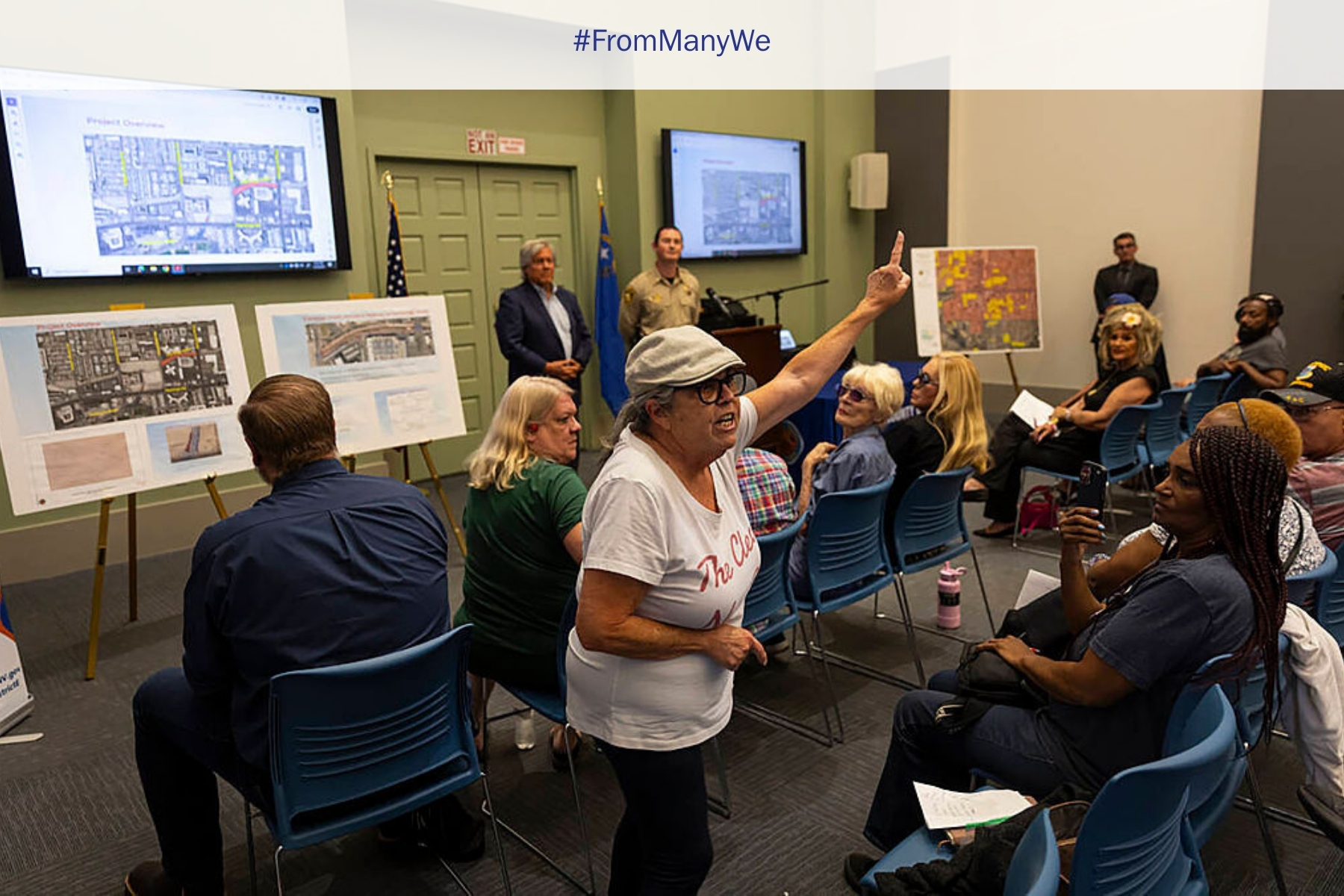The Voter Fraud Illusion
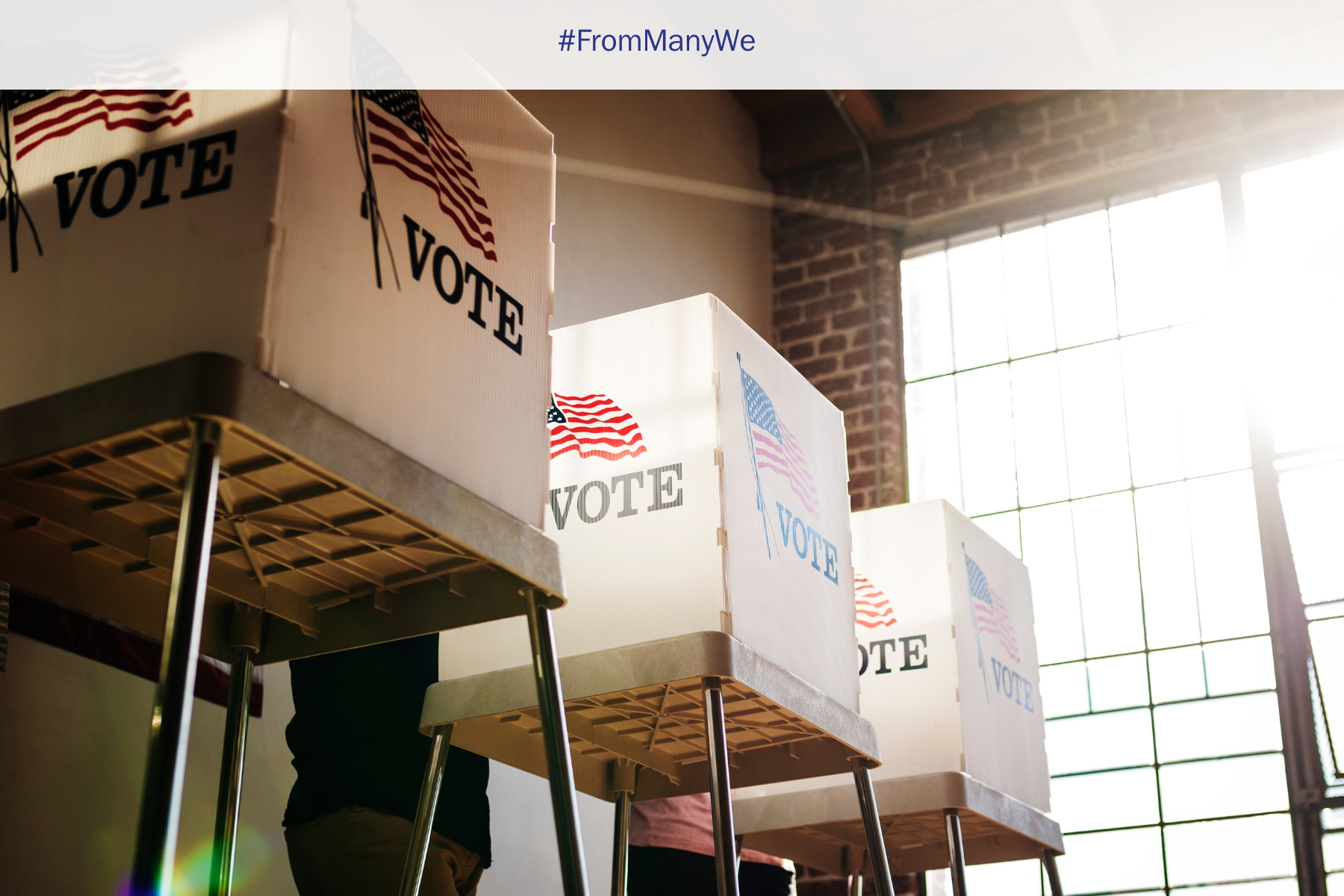
In recent years, Republican-led states have increasingly passed legislation that makes voting more restrictive, purportedly to enhance election security. However, comprehensive research and data suggest that these measures do not effectively prevent voter fraud, which remains exceedingly rare. Rather than addressing actual fraud, these “election integrity” laws are more about limiting voter participation, particularly among minority and undereducated populations, and this is a great concern for US democracy as we head into the 2024 presidential election.
The Rise of Restrictive Voting Laws
Following the 2020 presidential election, states that predominantly hold Republican majorities have introduced many new voting regulations. The restrictive measures often include stricter voter ID requirements, mail-in voting limitations, and reductions in early voting options. For instance, North Carolina introduced a strict photo ID law while other states tightened rules around mail-in ballots. Texas reduced early voting to exclude Sundays attempting to restrict “Souls to the Polls”—a longtime practice of Black congregations traveling to the polls after church services.
The justification for these changes centers around protecting the integrity of elections and preventing voter fraud. However, my work with the Cost of Voting Index (COVI) reveals that these restrictive measures have no relationship (causal or otherwise) with decreased voter fraud. The COVI is a comprehensive measure that evaluates how state electoral laws impact citizens’ ability to vote. By assessing factors such as voter registration requirements, ID laws, and ballot-casting procedures, the COVI ranks states based on the accessibility of their voting systems. Using this measure, I also found that states with these laws have made voting most cumbersome, particularly in states with significant minority populations.
The 2024 COVI data shows a clear trend of states with Republican control increasing their restrictive measures with no evidence of such measures decreasing voter fraud. Even former president Trump’s inquiries into voter fraud have shown that instances of voter fraud remain exceedingly rare across the United States.
The Impact on Voter Fraud and Election Security
The narrative that stricter laws are needed to combat voter fraud does not hold up under scrutiny. Studies and reports indicate that the actual rate of voter fraud is infinitesimal in US elections. For example, the Brennan Center for Justice notes that an American is more likely to be struck by lightning than to be impersonated by another voter at the polls. Additionally, the Heritage Foundation, a conservative think tank that maintains a voter fraud database, has only identified 192 instances of voter fraud since 2020 and 1,546 instances since 1982. This number is meager considering the hundreds of millions of votes cast during this period.
Even if restrictive voting laws are intended to preserve election integrity, the measures do not effectively combat the fraud. When election officials have obtained absentee ballots with the intent to commit fraud, no voter ID law, limits on early voting, or restrictions on ballot returns would have stopped such actions. A review of the Heritage Foundation’s database shows that in nearly all the 2024 fraud cases, a single individual was involved. This evidence indicates that fraud does not happen at a rate that would result in an illegitimate candidate being elected at the federal level. However, one notable case in Kentucky involved a family attempting to bribe voters to influence a local county jailer election, and the misconduct went undetected until a citizen tip reached the attorney general’s office. Looking at the Heritage data, we learn several important things:
- The Kentucky case illustrates that when race-altering fraud occurs, it is often isolated and targeted at local elections where only a small number of votes are needed to alter the outcome.
- Kentucky’s more restrictive electoral environment illustrates the ineffectiveness of restrictive laws in preventing this type of election fraud.
- Fraud cases are randomly distributed across the country.
States that have worked to make voting more accessible do not experience more voter fraud than states that make voting difficult. Colorado is one of the easiest states for voting, according to the COVI, and has only five cases of voter fraud successfully prosecuted over the same time.
The Real Consequences of Voting Restrictions
The true impact of many voting laws is not on fraud prevention but on voter participation. Through devised complexity, restrictive laws significantly increase the difficulty of voting by imposing additional steps to exercising the right to vote. Consequently, voting barriers decrease turnout and undermine the democratic principle of equal participation in elections.
Unfortunately, and purposely, restrictive voting laws target minority, economically disadvantaged, and undereducated communities. Historically, Black, Hispanic, and Asian American voters have disproportionately been affected. The Cost of Voting in the American States highlights that states with more restrictive voting laws see a noticeable suppression in minority voter turnout, which further disenfranchises those underrepresented groups.
To maintain a robust democracy, all eligible citizens must have an equitable voting opportunity without undue barriers. The ongoing inequity in voting accessibility serves only to deepen divisions. Disproportionate access to voting could potentially alienate swathes of the electorate while impacting the very foundation of democratic governance in America. Election security is undoubtedly important, but legislatures should not use it as a pretext for imposing restrictions that make it significantly harder for many Americans, specifically minority Americans, to exercise their voting rights
Concerned About Voter Fraud or Your Right to Vote?
If citizens are concerned about voter fraud, one of the most important things they can do is educate themselves using reliable, nonpartisan sources. Understanding voter fraud and how frequently it occurs helps to prevent the spread of misinformation. Trusted sources, such as government websites (like your Secretary of State, the FBI, and CISA), reputable news outlets, and academic research, provide accurate information. Additionally, citizens can take direct action by volunteering as poll workers or election observers to ensure transparency during the voting process. Participating in these roles can provide insight into how US elections are free, fair, and secure. Finally, citizens should proactively utilize online tools to verify their voter registration status; when relocating, make sure that they register with their new address and ensure they are removed from voter rolls at their previous address; and track their ballots when voting by mail to maintain the integrity of the electoral process.
Michael J. Pomante II is an election scientist and author focusing on voter turnout and state election laws. He recently copublished The Cost of Voting in the American States.
From Many, We is a Charles F. Kettering Foundation blog series that highlights the insights of thought leaders dedicated to the idea of inclusive democracy. Queries may be directed to fmw@kettering.org.
The views and opinions expressed by contributors to our digital communications are made independent of their affiliation with the Charles F. Kettering Foundation and without the foundation’s warranty of accuracy, authenticity, or completeness. Such statements do not reflect the views and opinions of the foundation which hereby disclaims liability to any party for direct, indirect, implied, punitive, special, incidental, or other consequential damages that may arise in connection with statements made by a contributor during their association with the foundation or independently.
